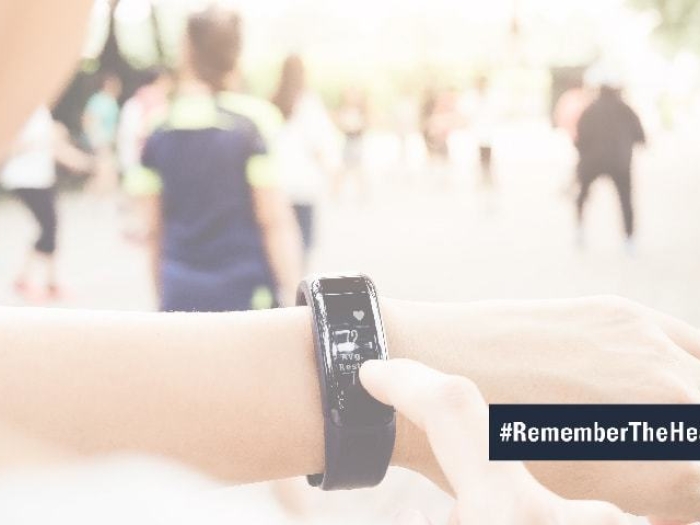Caused by total blockage in a critical blood vessel, the severe cardiac event can have deadly consequences.
7:00 AM
Author |

This article was updated January 28, 2022.
The name leaves no question about its severity or outcome: widowmaker.
MORE FROM MICHIGAN: Sign up for our weekly newsletter
A widowmaker is an informal term for a heart attack that involves 100 percent blockage in the left anterior descending (LAD) artery, says Stanley Chetcuti, M.D., an interventional cardiologist at the University of Michigan Frankel Cardiovascular Center.
As heart attacks go, a widowmaker can be particularly lethal because of the location and extent of the blockage.
"The LAD is a very important blood vessel," Chetcuti says. "It supplies a significant amount of blood flow to the heart muscle — so there can be big consequences when that territory is jeopardized."
Caused by lifestyle and genetic factors, that harmful blockage typically builds over time.
But the tipping point can occur quickly: "When underlying cholesterol and plaque in your vessels comes into contact with the bloodstream, the vigorous reaction creates blood clots," Chetcuti says. "You could go from 20 percent blockage to 100 percent instantaneously."
That blockage stifles oxygen, which can trigger an abnormal heart rhythm known as ventricular fibrillation.
The disturbance results in cardiac arrest, a stopped heartbeat that is fatal within minutes.
Widowmaker risk factors
"The five major risk factors for coronary disease are smoking, hypertension, high cholesterol, genetics and diabetes," he says, noting that effective prevention starts with a nutritious diet, regular exercise and addressing other common heart attack hazards.
Still, widowmaker heart attacks can affect healthy people.
SEE ALSO: Remember Your Heart, the Unsung Hero in Your Chest
Widowmaker heart attack symptoms and treatment
A patient experiencing a widowmaker would have typical heart attack symptoms of arm and chest pain, lightheadedness or shortness of breath, among others.
"It's not different from any other heart attack; it's just in a more critical area," Chetcuti says.
And, despite its patriarchal name, the widowmaker also affects women.
Women may have different heart attack symptoms than men, however. They're more likely to experience fatigue, nausea and sweating — minor-seeming reactions that could deter them from getting care.
Immediate treatment is key: "The quicker you come to the hospital, the better," Chetcuti says. "If you suspect you're having a heart attack, it's critically important to call 911 and not drive in yourself or have someone drive you in."
That's because paramedics can administer CPR and apply an AED to shock or "reset" the heart en route to a hospital, where trained professionals can provide further lifesaving treatment.
Every minute counts, after all.
"If you ignore symptoms or wait to come to the hospital — and you still survive — there could be big damage to your heart that might require a significant medical regimen such as an LVAD (left ventricular assist device) or a heart transplant," Chetcuti says.
"But if you're brought in quickly and the blockage is opened up, there's usually no consequence."

Explore a variety of healthcare news & stories by visiting the Health Lab home page for more articles.

Department of Communication at Michigan Medicine
Want top health & research news weekly? Sign up for Health Lab’s newsletters today!





